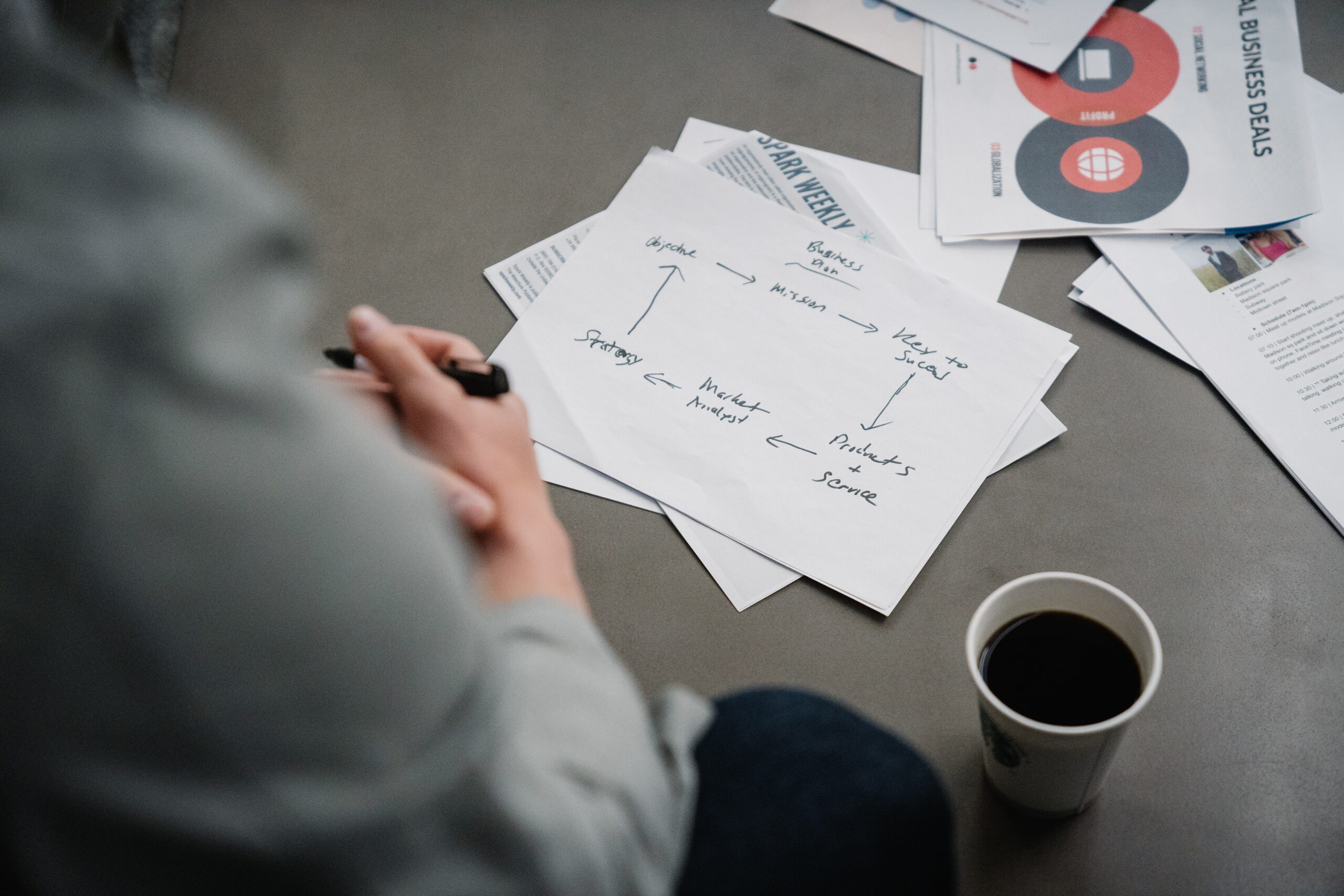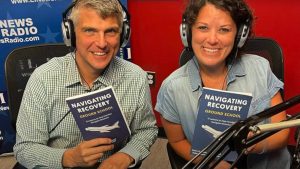
Interventions that Don’t End in Treatment
Many interventions doesn’t end in immediate transitions to a rehab or treatment program. There may be good reasons, beyond the usual excuses, why someone can’t go to treatment. Often the individual just isn’t ready or can’t be convinced that now is the right time to go.
Interventions are opportunities for change. Even without a commitment to treatment, positive change can be initiated at the intervention, and getting an agreement for some changes to be made is important. We call these change contracts.
There are many options to getting into recovery that are less intensive than attending a treatment program. In fact, many people recover without ever going to treatment. If we work together on your loved one’s intervention, we may have to be open to allowing the person struggling with substance use to try options other than treatment. If the intervention doesn’t result in inpatient treatment, we should nevertheless get an agreement that the person will make some positive, constructive change. The plan may include attending 12-step meetings, going to an Intensive Outpatient Program (IOP), or seeing a therapist privately.
Plan B
We will have researched these options together before the intervention so that if the person does not agree to the Plan A of inpatient treatment, we will have a thoughtful Plan B. Some people recover on Plan B. This option does not mean that the intervention failed. Even if we didn’t get the result we most hoped for, we still got a commitment to change. Any change contract will also include going to inpatient treatment as a fallback if the person can’t stick to Plan B. We’ll set up a follow-up meeting to check in on their progress in a few weeks.
If we don’t put a change contract in place, the suffering person may use the days after the intervention to criticize the interventionist and manipulate the family. After all, no one likes to be told that their behavior is damaging, dangerous, and hurtful to others, and it can be more comfortable to demonize the interventionist than to make change.
It is very likely that the change contract will fail. However, if the family is at the point of seeking out an interventionist, the individual’s substance use may have progressed to the extent that self-guided paths of recovery are unlikely to be successful. Nevertheless, this can be a valuable learning experience for the suffering person. We will have tried doing it their way, exhausted those options, and opened the door to treatment.
If someone continues to use after an intervention, it can be a very dark time for them. They may not be able to use without thinking about the intervention, making them feel increasingly guilty as the days go by, which also may make them ask for help more quickly. Plan B gives the person time to really see their use, to think about it critically. At the same time, the interventionist can better get to know the family, building trust with them and helping them to support their loved one in a healthy way.
Having a Plan is Key
Although this period can be difficult for the family, every time the person stumbles it can be an opportunity to pitch Plan A. It’s important that the family stick to the plan they worked on with the interventionist, rather than falling back into the old ways.
Often, Plan B will only last a few days. Usually after a few more episodes of using, the loved one will reach out and ask for help. A Plan B intervention can also lead to change, it just might take a bit more time.
About Adam Banks
Adam Banks is a certified interventionist and the owner of Adam Banks Recovery. After receiving an MBA from the University of Chicago, Adam built a company acquired by United Health Care. His discipline and attention to detail comes from his former career as an airline pilot, holding an ATP, the FAA’s highest license.
Today, Adam is dedicated to helping others achieve long-term sobriety. His work has guided executives, pilots, and physicians on paths to recovery. Adam brings families together through a loving and inclusive approach.
Adam has authored four books on addiction. His recent work, Navigating Recovery Ground School: 12 Lessons to Help Families Navigate Recovery, educates families on the entire intervention process. He also offers a free video course for families considering an intervention for a loved one.
Adam is available for alcohol and drug intervention services in New York, Long Island, the Hamptons as well as nationally and internationally.




